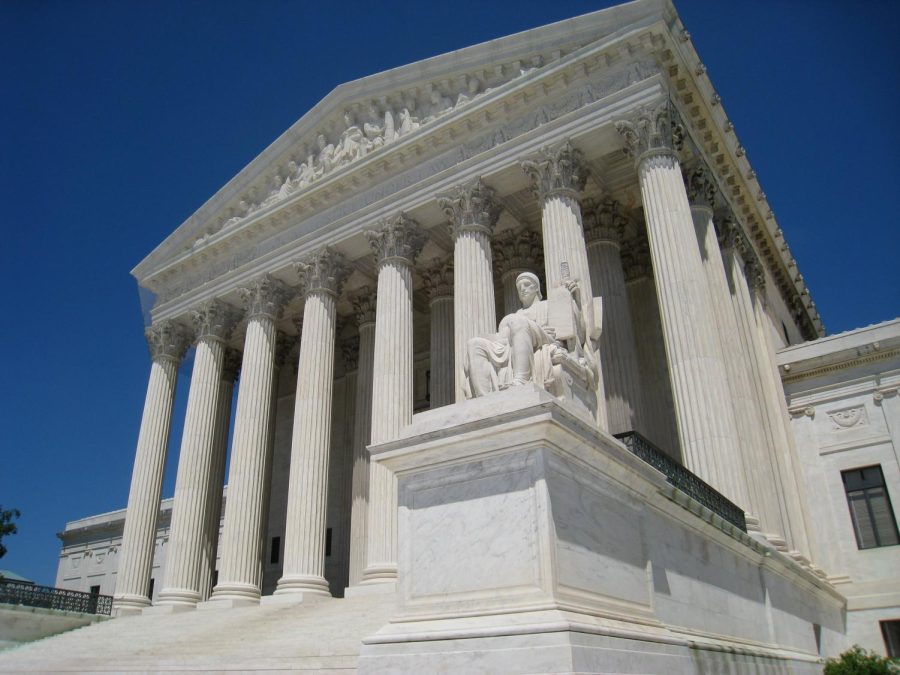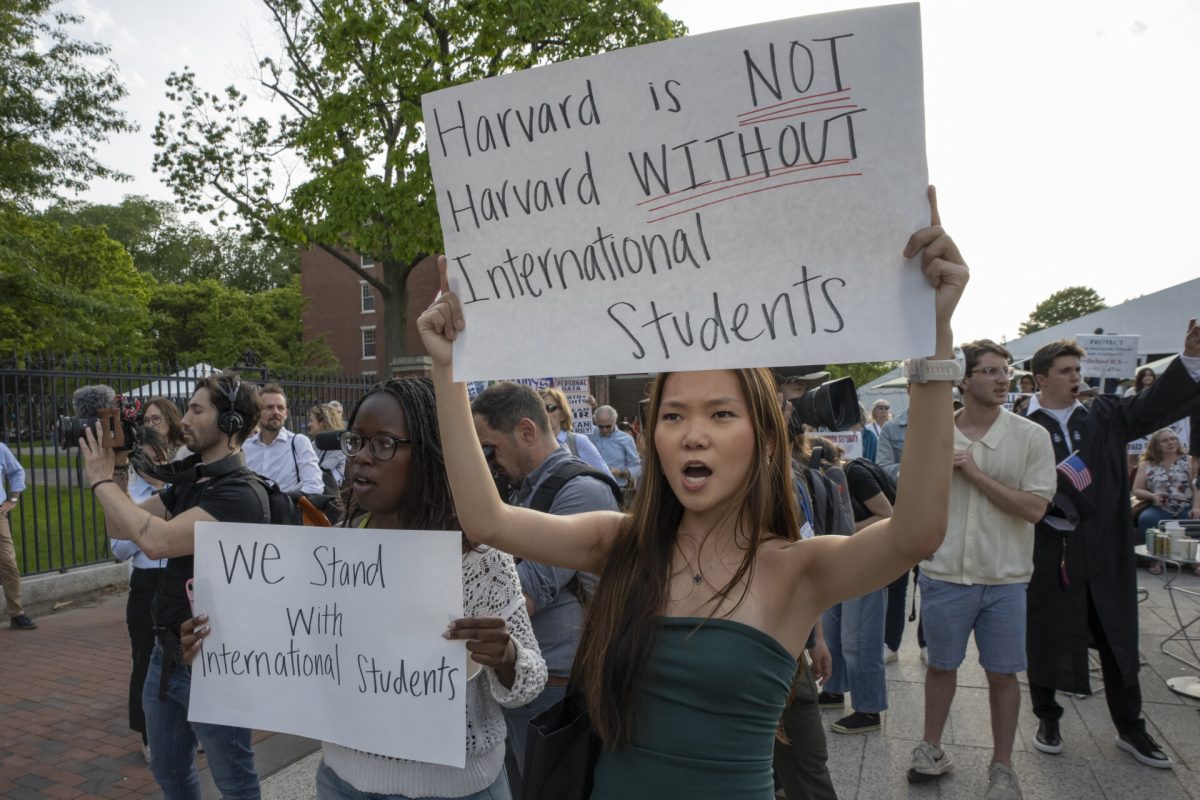In Support of Affirmative Action
The Supreme Court, following October oral arguments, seems ready to eradicate decades of legal tradition protecting affirmative action in college admissions with the strike of a gavel
January 5, 2023
The Supreme Court, following October oral arguments, seems ready to eradicate decades of legal tradition protecting affirmative action in college admissions with the strike of a gavel in the pending case Students for Fair Admissions v. President and Fellows of Harvard College. Such a decision would rely on faulty legal reasoning, highlight suspect motivations behind the political opposition, and promote misconceptions about the practice.
Affirmative action has persisted in the face of concerted constitutional challenge since its introduction, taking many forms as courts shifted which practices are and are not permissible. Harvard’s “race-conscious” process, previously ruled to be constitutional, is under attack. It shouldn’t be.
Harvard’s process uses a nuanced approach to candidate review that looks at race as one of many factors. These factors, unlike GPA and test scores, cannot easily be put onto a scale. This reality renders legal arguments against “race-conscious” admissions invalid, as what makes a candidate appealing is deeply subjective and not necessarily race-based.
Complaints arising from low Asian American acceptance rates often neglect the basic purpose of affirmative action: to ensure equitable representation in colleges and universities. Asian and White students are overrepresented in proportion to their rate in the general population in many of our nation’s most elite institutions. Thus, affirmative action would necessarily look to promote Latino and Black students in order to promote equity.
Political opposition to affirmative action has been largely championed by conservative politicians, who paint affirmative action as part of a broader attempt by the left to discriminate against White people. Senators Ted Cruz (R-TX) and John Cornyn (R-TX) have filed briefs in opposition to affirmative action. Ted Cruz said earlier that affirmative action is an example of “blatant racism” in concurrence with the opinions of “America First Legal,” a cadre of lawyers from the Trump administration focused on rolling back progressive policy. Cruz, a leader in the Republican party, should look inward for examples of blatant racism. Senator Tommy Tuberville (R-AL) recently suggested that all Black people are criminals. Marjorie Taylor Greene (R-GA) has suggested that Democrats support immigration reform to “replace” White people. Neither of these comments have been seriously addressed by officials in the GOP. Cruz should look to fight racism within his own party, rather than fighting affirmative action.
The plaintiff in this latest challenge to affirmative action, Students for Fair Admissions, presents itself as a knight in shining armor–a crusader against racism in the college admissions process. The founder, Edward Blum, made his name in the right-wing legal world by attacking the 1965 Voting Rights Act, legislation that allowed the federal government to combat structural racism in southern voting processes. His opposition to minority-supportive affirmative action surfaced when he ran for Congress in a majority-Black district and lost, blaming the loss on redistricting efforts designed to strengthen minority representation in congress. SFFA’s disdain for affirmative action can likely be traced back to Mr. Blum’s reactionary jurisprudential outlook.
Benefits of affirmative action include a more diverse workforce, the closing of gaps between races, and a more well-rounded education for all students. I support affirmative action because I am looking forward to an education that features students of all walks of life. Every American, no matter their ethnicity, benefits from affirmative action as long as it is allowed. It is up to us to fight to keep it.









































